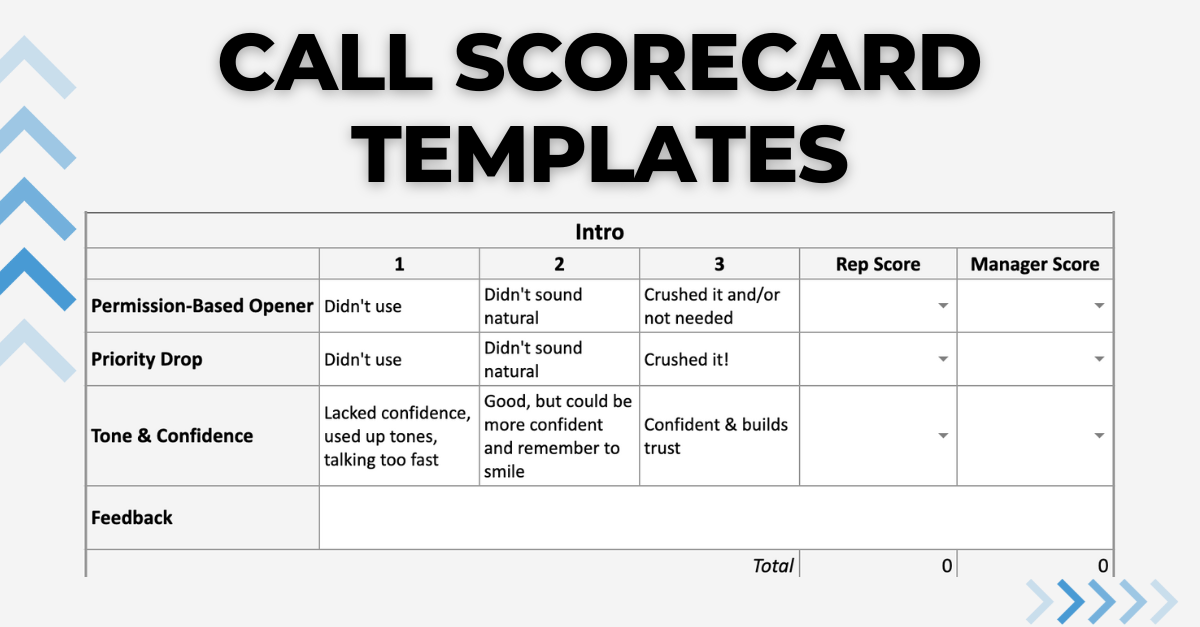Why Efficient Quality Assurance Matters
When customer service is a top priority for a company, which is generally the case, the quality of each conversation is paramount.
Companies that handle high call volumes need a quality assurance team that is efficient and effective with their time. Easier said than done.
We know that sometimes your QA team consists of just one person.
Let’s dive into a few key skills to consider for your in-house QA team. Hopefully, one of these will help make your current processes run smoother and save you time without compromising quality.
Key Skills for Building an In-House Quality Assurance Team
Creating an in-house QA team requires a specific set of skills tailored to the challenges that your team may face. There is no “one size fits all” solution, however, hopefully, these tips will help guide you.
1. Understanding of the operations side of the business
This may seem super obvious, but you’d be surprised how many people don’t understand from start to finish what the operational side SHOULD look like. Not what it currently looks like, but what you hope to achieve.
Knowledge of call scripting, workflow processes, and the specific challenges faced by customer service agents, call escalation, customer journeys, etc. This understanding enables QA teams to design relevant evaluation criteria and provide targeted feedback.
2. Strong analytical and listening skills
QA teams need strong analytical skills to evaluate call data and identify patterns or trends. Now software can definitely help with this (hint hint Abstrakt), but it’s still a great quality to have.
Equally important is the ability to listen critically to customer interactions, discern nuances in tone and language, and assess the effectiveness of communication.
The ability to provide constructive feedback based on these observations is key to improving agent performance.
Check out this QA audit checklist you can steal!
3. Familiarity with call intelligence tools
Proficiency with call intelligence tools is a technical skill that QA teams should possess. There is no way that your QA team can listen to every single call. That’s where these call intelligence tools come in.
These tools allow for real-time monitoring of calls, recording interactions, and capturing key performance metrics.
An efficient quality assurance team well-versed in using these tools can leverage them to gain insights, track agent performance, and identify areas for improvement.
4. Knowledge of regulatory compliance
Given the regulatory landscape surrounding most industries that have teams on the phone, QA teams should have a solid understanding of relevant industry regulations and compliance standards.
This knowledge ensures that evaluations are not only focused on customer service quality but also encompass adherence to legal and regulatory requirements.
5. Effective communication skills
Effective communication is a non-negotiable skill for any role when it comes to customer service. Clear and concise communication is essential when providing feedback to agents, collaborating with other departments, and conveying performance metrics to management.
The ability to articulate observations and recommendations constructively fosters a positive and collaborative work environment.
6. Adaptability to ever-changing dynamics
The fast-paced and dynamic nature of company operations requires efficient quality assurance teams to be adaptable.
Changes in call volume, customer behavior, or company policies necessitate a QA team that can quickly adjust evaluation criteria and processes to align with evolving circumstances.
8. Training and Development
An effective and efficient QA team should not only identify areas for improvement but also play a role in the training and development of customer service agents.
This is a common skill that’s often forgotten.
Skills in designing training programs, conducting coaching sessions, and providing targeted resources for improvement are crucial for building a well-rounded QA function.
Let’s wrap it up
When customer interactions can make or break your business, the role of efficient quality assurance teams is indispensable.
The QA process ensures compliance with regulations, error detection and resolution, continuous improvement, and, most importantly, enhanced customer satisfaction.
When building an in-house QA team, prioritizing skills such as understanding your operations, strong analytical and communication skills, familiarity with call intelligence tools, and overall knowledge of regulatory compliance, can elevate the team’s ability to deliver exceptional results.
As customer expectations continue to rise, investing in a top-notch QA team becomes not just a strategic decision but a necessity for long-term success in the competitive landscape of your operations.



